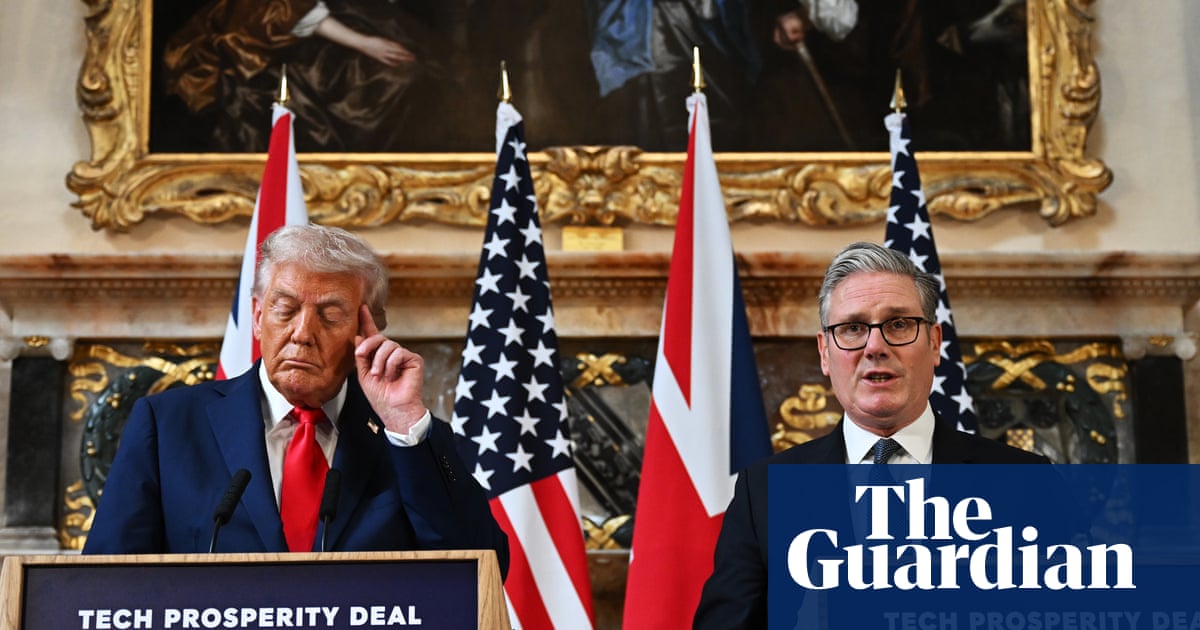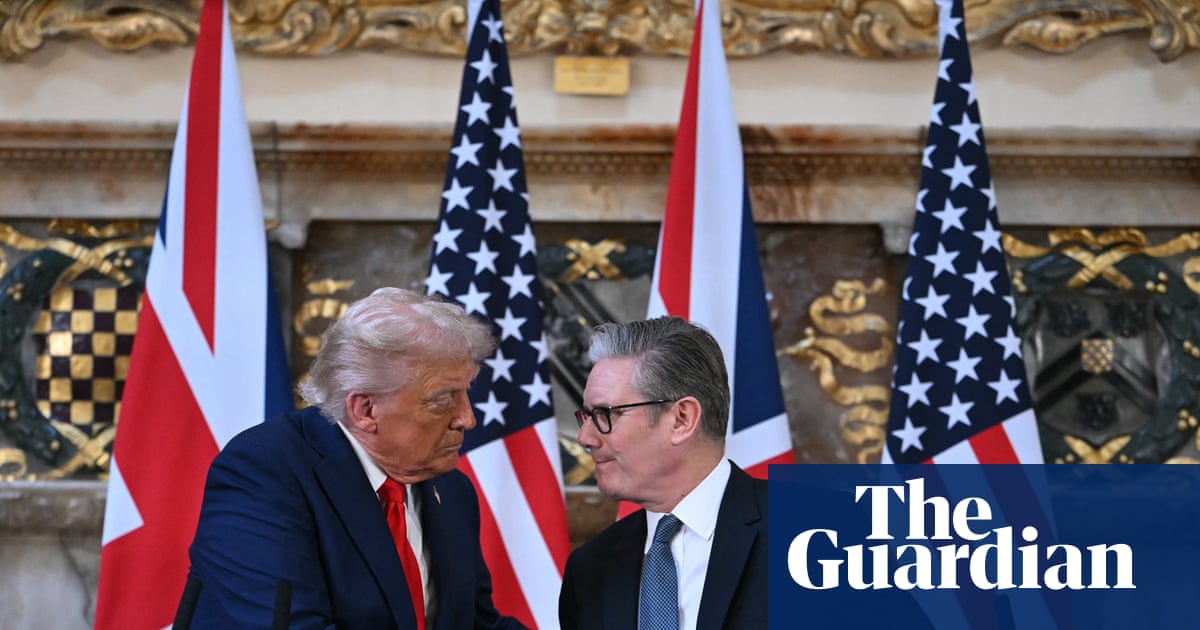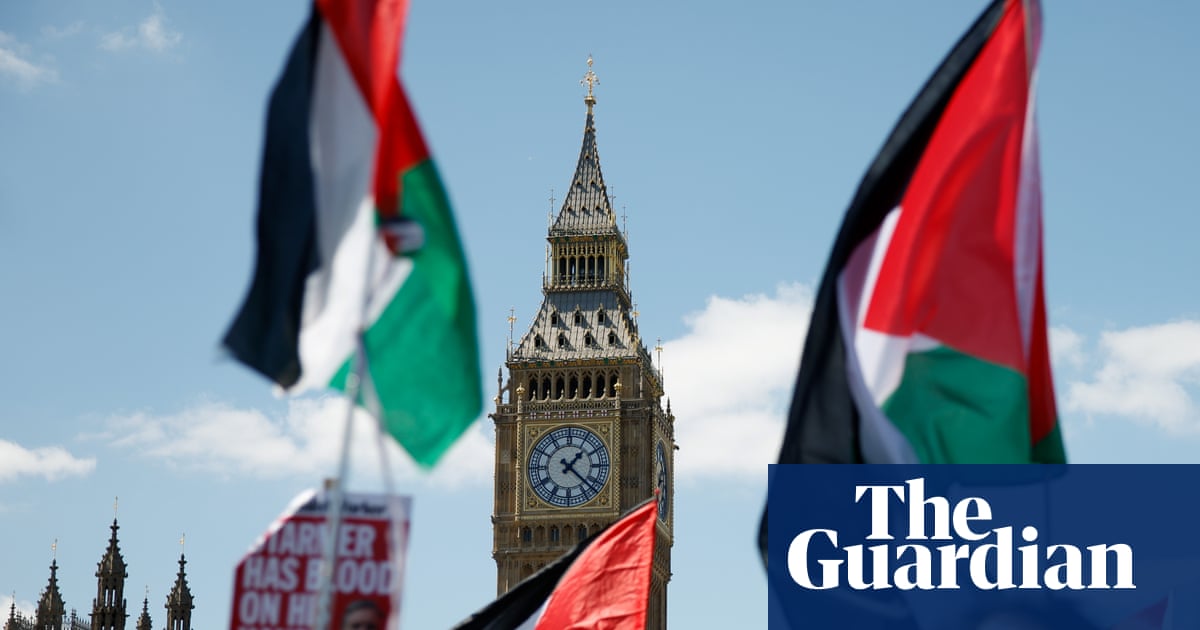The European convention on human rights (ECHR) must adapt while continuing to uphold its core values, the head of a European rights council has said.
Alain Berset, the secretary general of the Council of Europe (CoE), acknowledged growing criticism of the 75-year-old treaty, but said reform should be approached with care and rooted in shared democratic principles.
In an interview with the Times, Berset, who took office earlier this year, said the legal framework underpinning the convention, which applies to 46 countries, including the UK, should not be treated as untouchable.
“We are witnessing a world where things are changing rapidly,” he said. “It is accelerating. We see this, and it means that it is normal that we must also adapt to this. We need adaptation. We need discussion about the rules that we want to have, and there is no taboo.”
He added: “I see the necessity to adapt but we must also do this respecting our core values.”
There is growing political pressure in several European countries to overhaul the ECHR’s scope, particularly in response to migration.
Kemi Badenoch, the leader of the Conservative party, is expected to take an even harder line in a speech on Friday. She will say that Britain should consider leaving the convention entirely, arguing that it impedes efforts to tackle migration.
“I have thought long and hard about this, and I am increasingly of the view that we will need to leave, because I am yet to see a clear and coherent route to change within our current legal structures,” she will say.
Human rights organisations have expressed alarm at recent rhetoric around reform, warning that undermining or withdrawing from the convention risks weakening protection for society’s most vulnerable groups, including refugees fleeing war and persecution.
Many argue that the ECHR plays a vital role in holding states to account, especially in areas such as detention, pushbacks over border crossings and surveillance.
after newsletter promotion
But tensions around the ECHR have intensified after a group of nine European countries, including Italy and Denmark, issued an open letter calling for greater national control over migration policies.
In the letter, dated 22 May, the Italian prime minister, Giorgia Meloni, and the Danish prime minister, Mette Frederiksen, joined the leaders of Austria, Belgium, the Czech Republic, Estonia, Latvia, Lithuania and Poland in urging “open-minded conversation about the interpretation of the ECHR”.
While reaffirming that the principles underpinning the convention were “universal and everlasting”, the letter continued: “We now live in a globalised world where people migrate across borders on a completely different scale.”

 3 months ago
112
3 months ago
112

















































